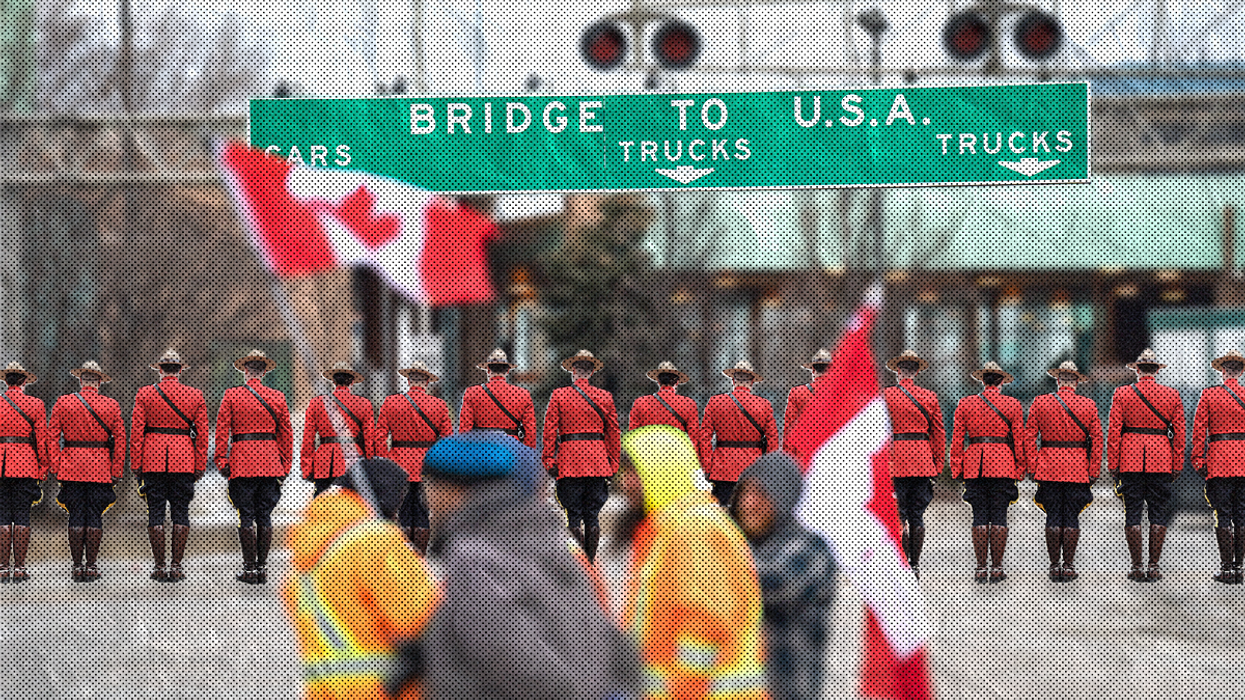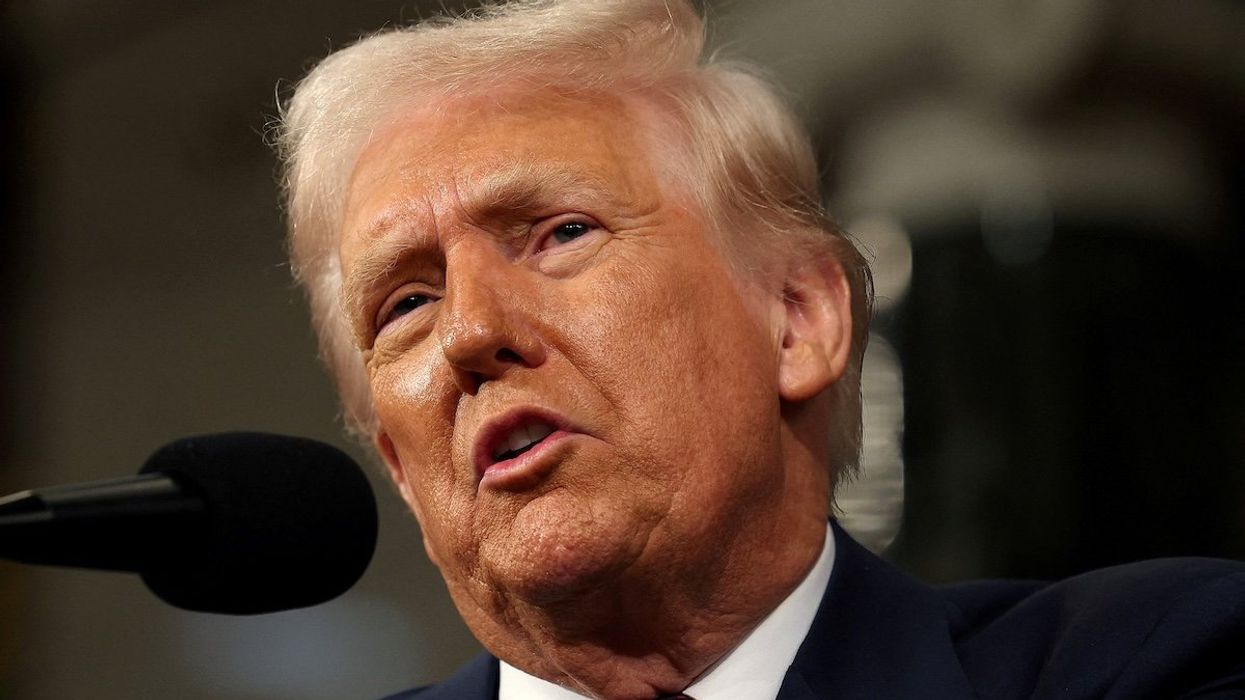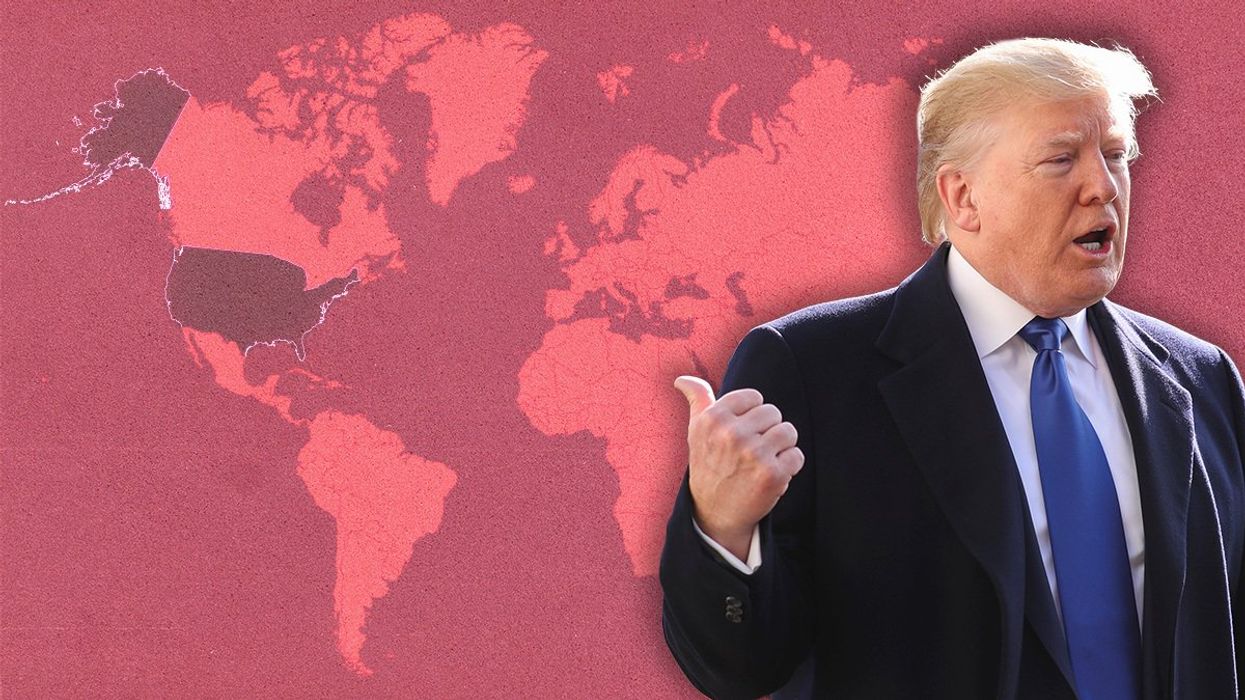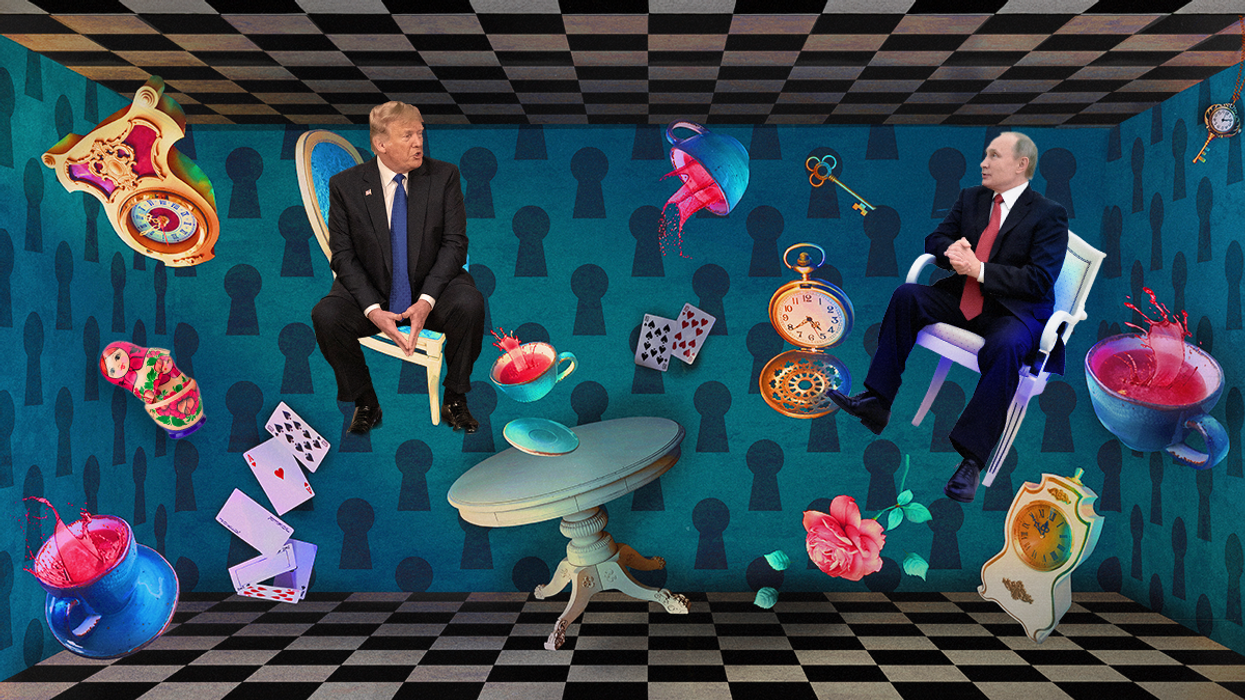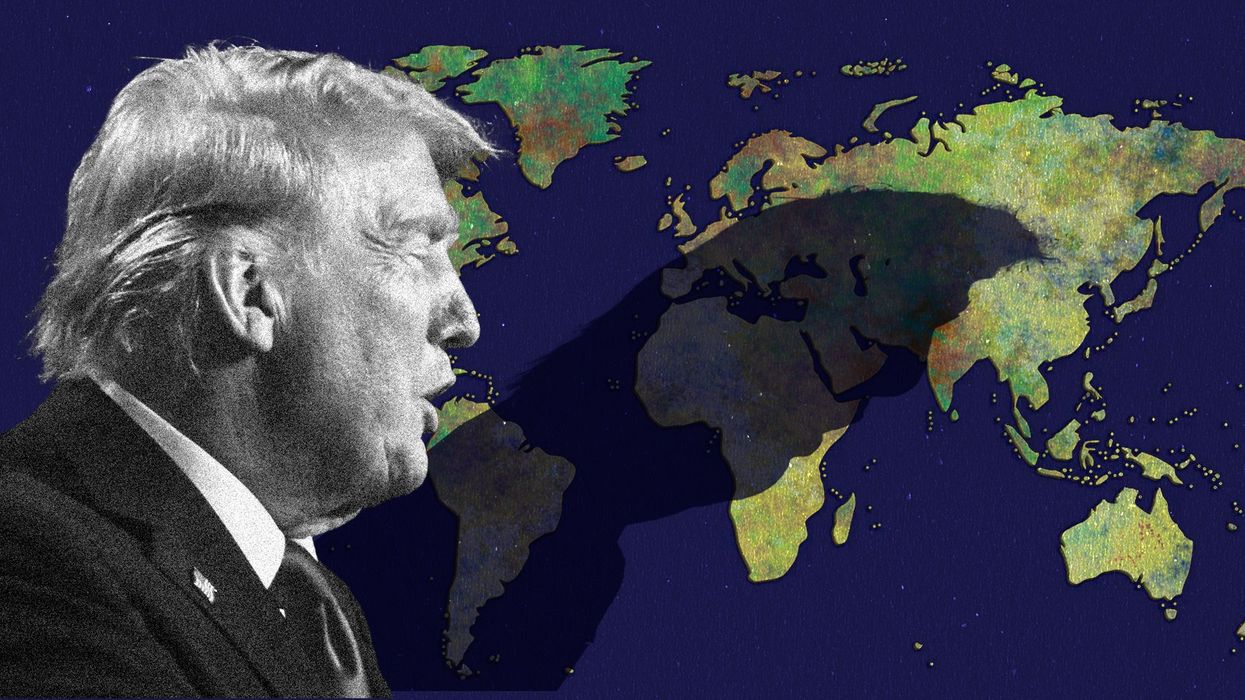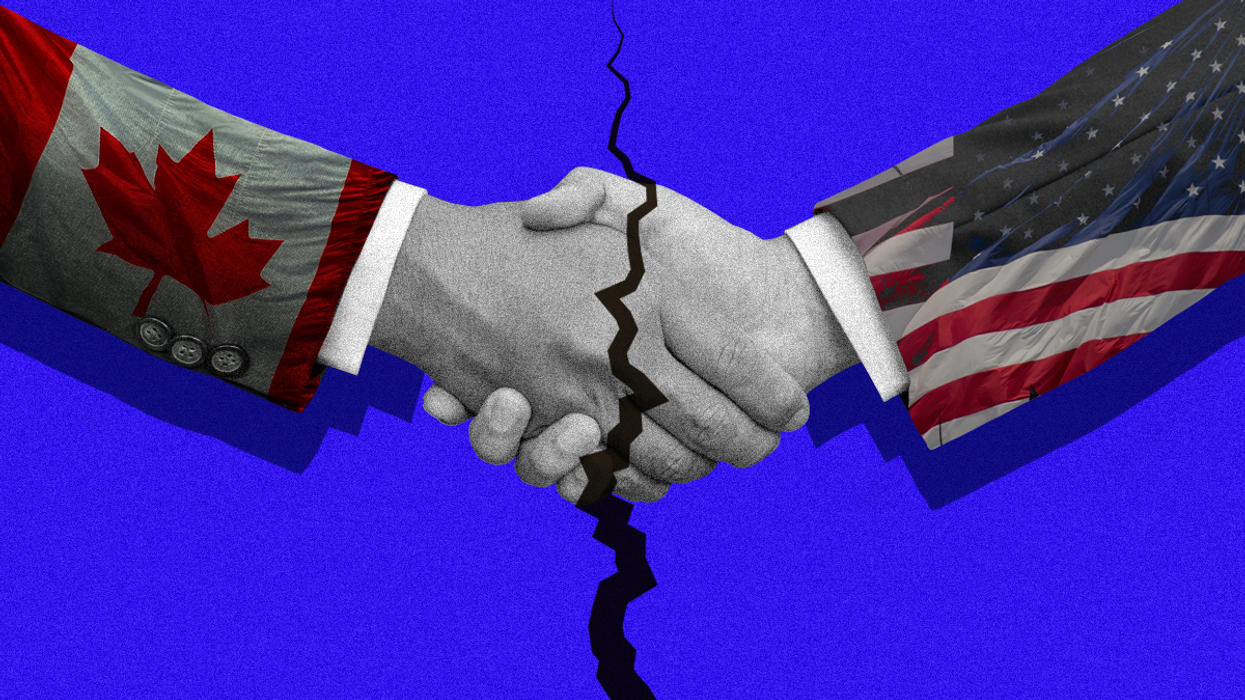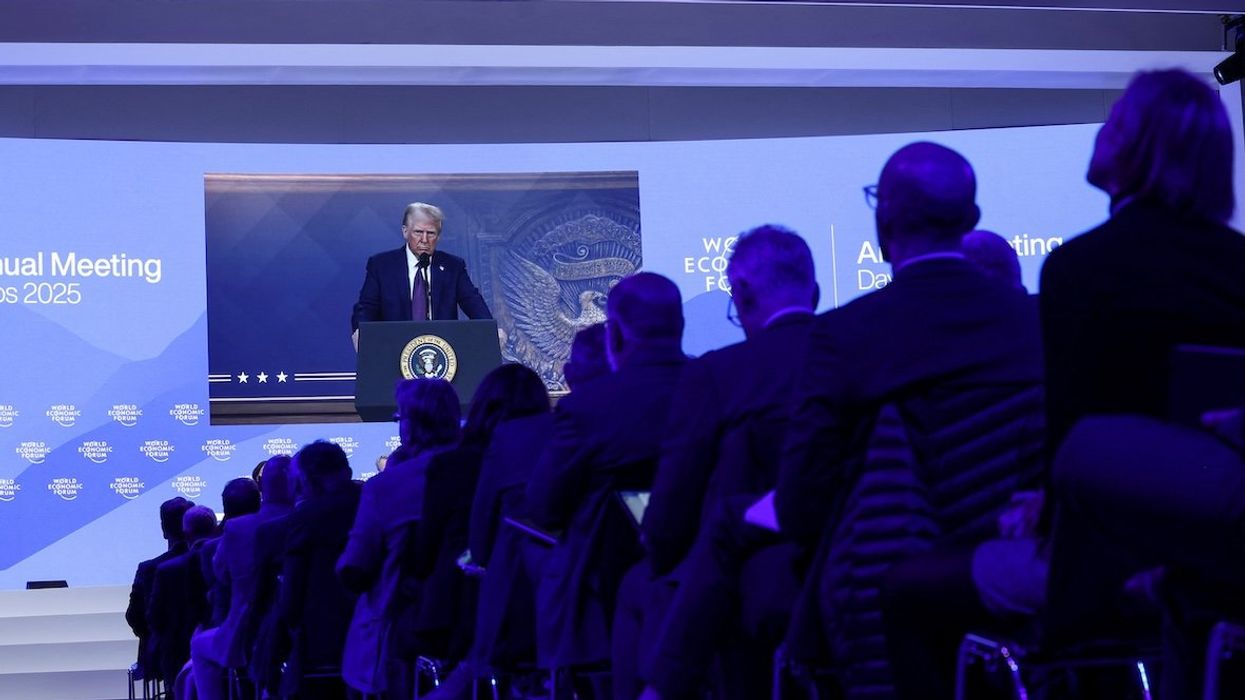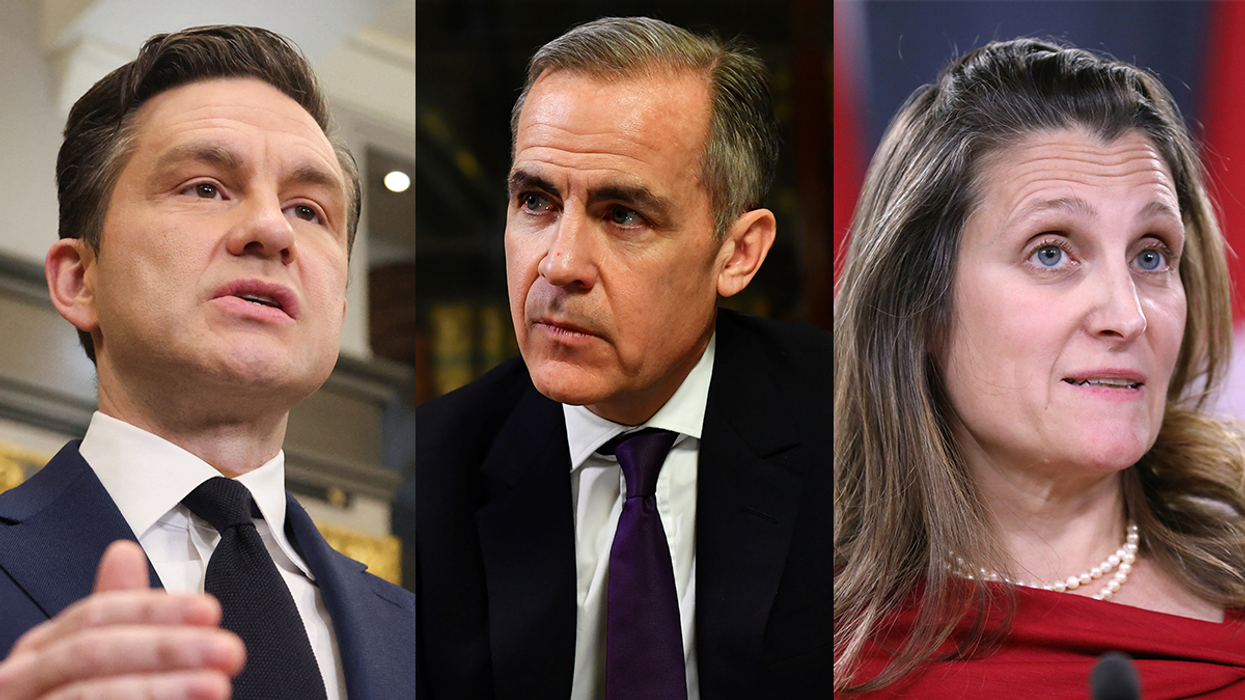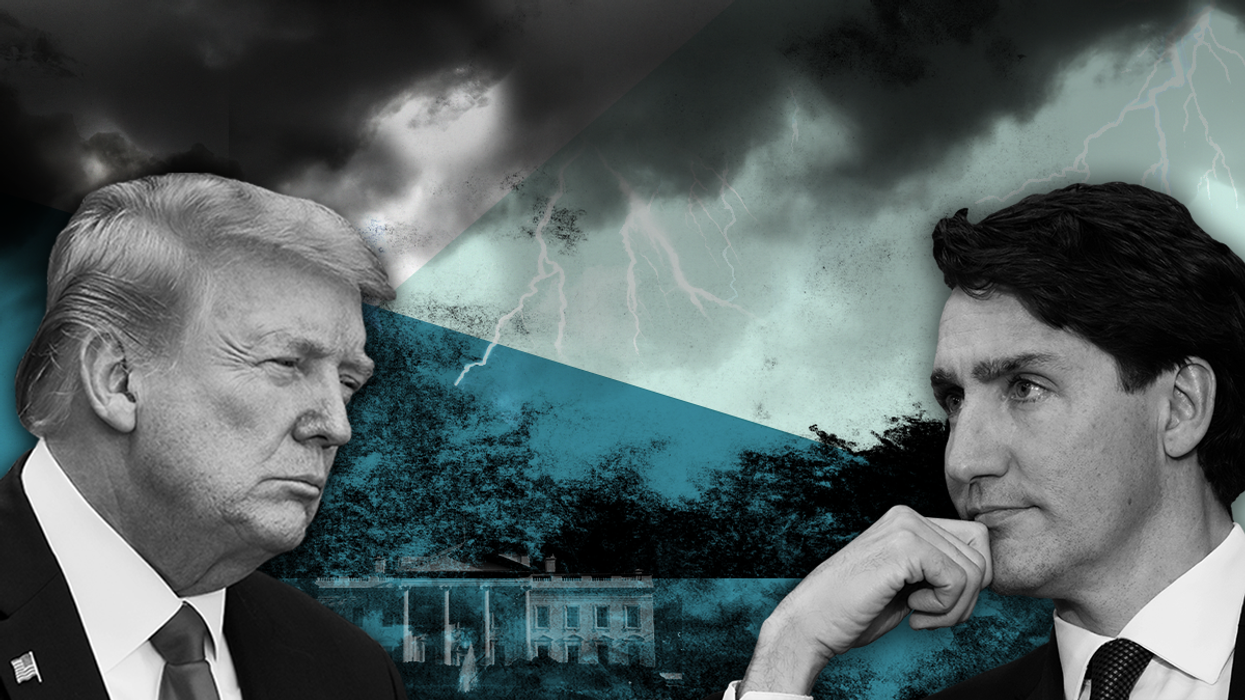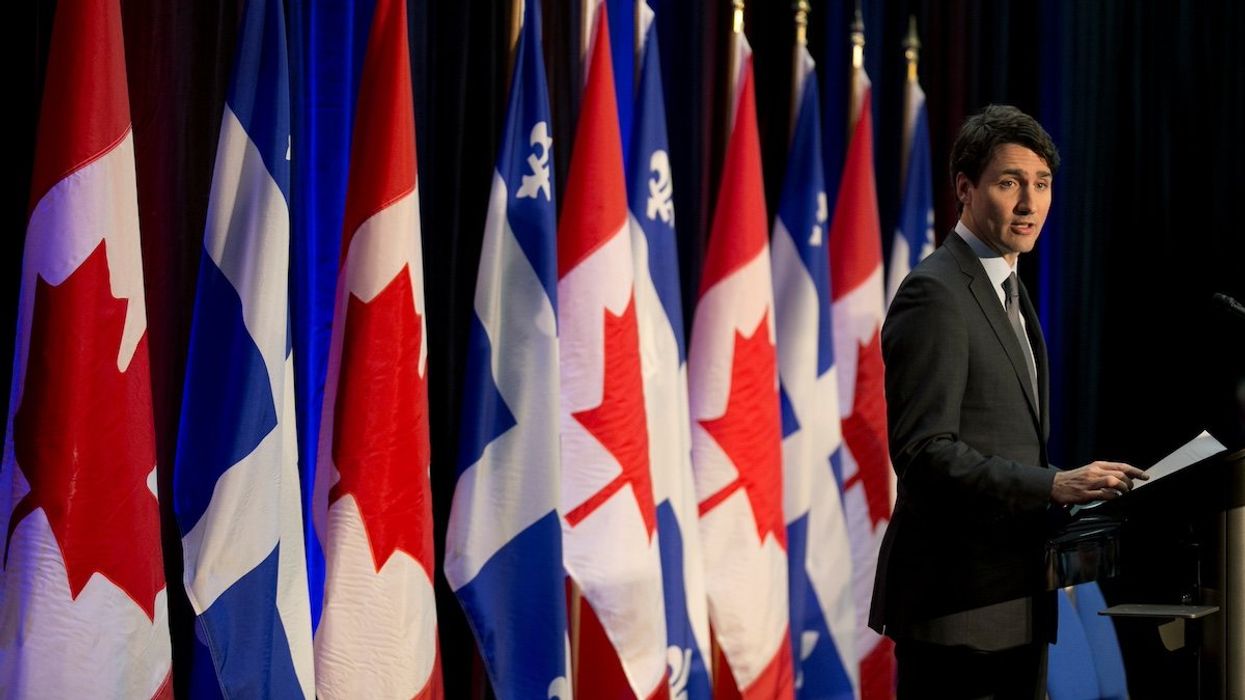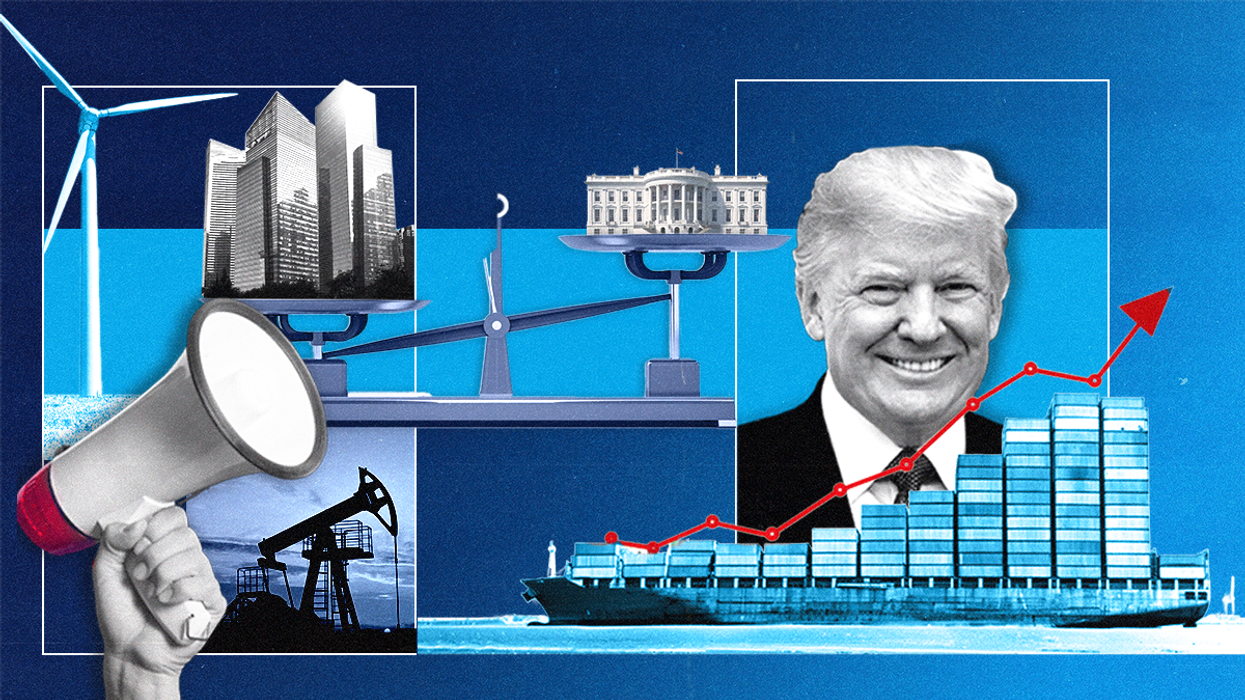Site Navigation
Latest Stories
Sign up for GZERO Daily.
Evan Solomon
Columnist
Evan Solomon is a Member of Parliament in Canada's House of Commons, representing the Toronto Centre consitituency. From 2022 through March 2025, he was the publisher of GZERO Media and a member of Eurasia Group’s Management Committee.
Evan has been one of Canada’s preeminent journalists for more than 25 years. Prior to joining GZERO, he was the host of CTV’s nightly political program "Power Play" and of Canada’s most-watched political TV show, the Sunday morning "Question Period." He also hosted "The Evan Solomon Show," a daily iHeartRadio/Bell Media radio program. Earlier in his career, he co-founded the pioneering Shift Magazine, an international digital culture magazine, and was the founder of the Sirius XM show and podcast "Everything is Political." He has also hosted the PBS series "Masters of Technology" and CBC shows such as "Power and Politics," "CBC News: Sunday," "The House," and "FutureWorld." Evan has reported on events from around the world, covering Europe, Asia, and the Middle East, and he has interviewed key political figures, from prime ministers and presidents to the Dalai Lama. Evan’s best-selling books include "Fueling the Future: How the Battle Over Energy is Changing Everything" and "Feeding the Future: From Fat to Famine, How to Solve the World’s Food Crisis.” He has also been a columnist for Macleans and The Globe and Mail.
Fields of expertise
Politics
Education
McGill University
Contact:
Linkedin: https://www.linkedin.com/in/evan-solomon-31906a8b/
Instagram: https://www.instagram.com/evanljsolomon/
